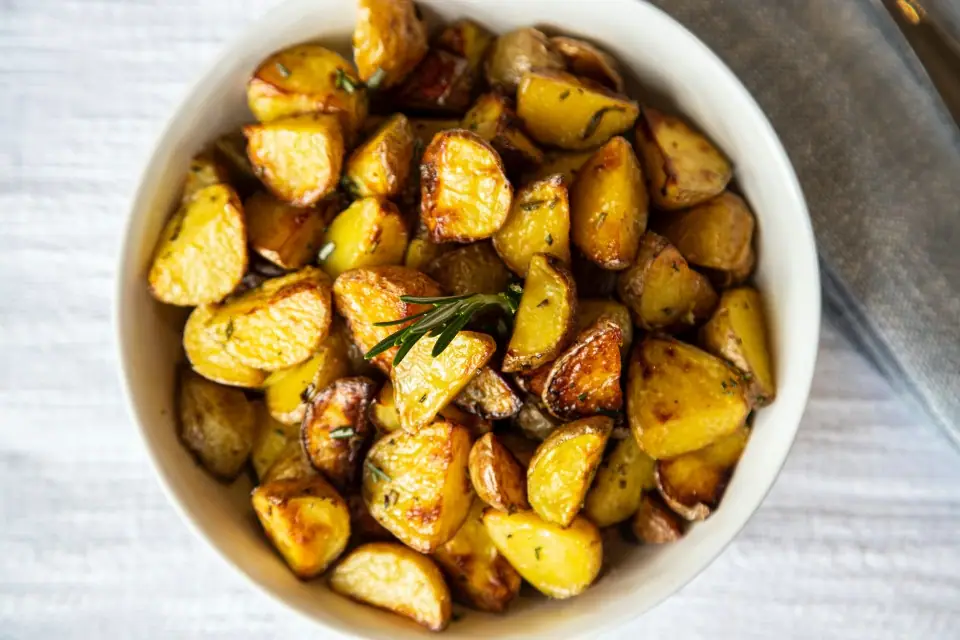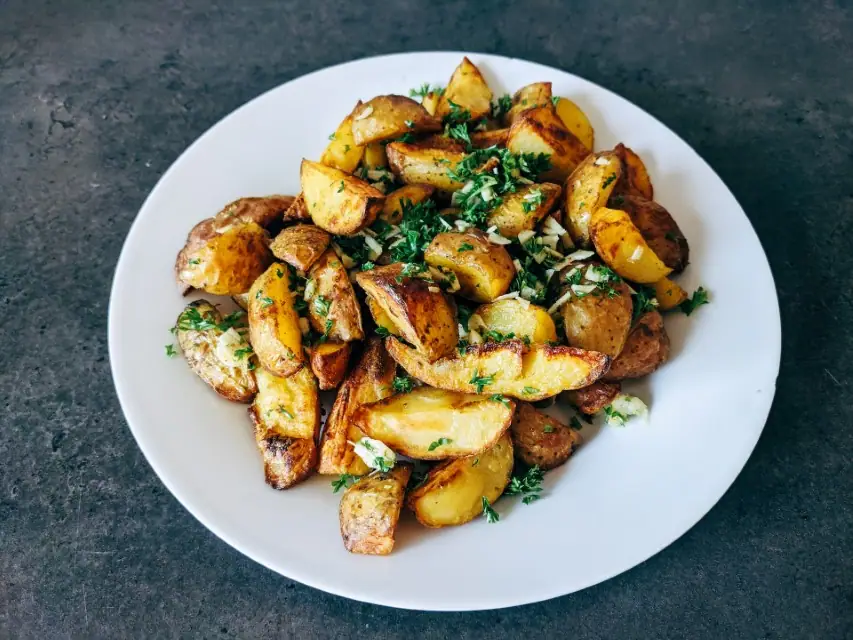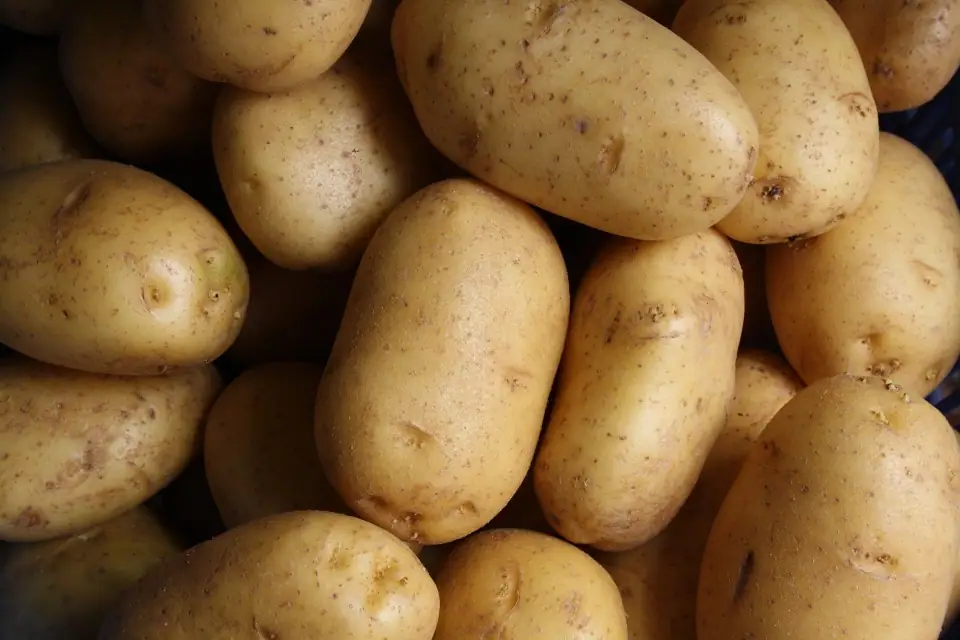If you’ve ever found yourself yearning for a big plate of mashed potatoes or some crispy french fries, you’re not alone. Potato cravings are not uncommon, and there are some interesting reasons behind them. In this article, we’ll explore the science and psychology behind the craving for potatoes and delve into some of the popular questions people have about this topic.
The Allure of Potatoes
Potatoes are a versatile and beloved food. They come in various forms, from fluffy mashed potatoes to crispy chips, and they’re a staple in many cuisines worldwide. This versatility contributes to their widespread popularity. But why do we sometimes experience intense cravings for these starchy delights?
Understanding the Science Behind Potato Cravings
- Carbohydrate Comfort: Carbohydrates are known to stimulate the release of serotonin, a feel-good neurotransmitter. Potatoes are rich in carbohydrates, making them a comforting food choice, especially when you’re feeling down or stressed. Your brain craves this serotonin boost, which can lead to potato cravings.
- Nutrient-Rich: Potatoes are a source of essential nutrients, including potassium, fiber, and vitamin C. Cravings can sometimes be your body’s way of telling you that it needs specific nutrients. So, if you’re craving potatoes, it might be your body’s way of signaling a deficiency in one of these vital nutrients.
- Texture Matters: The texture of food can play a significant role in cravings. Potatoes offer a unique combination of smooth and creamy when mashed, and crispy when fried. This textural appeal can make you crave potatoes simply for the pleasure of their mouthfeel.

Let’s address some of the common questions people have about why they crave potatoes.
1. Why do I crave potatoes when I’m stressed? Potatoes are rich in carbohydrates, which can help boost serotonin levels in the brain. This, in turn, can alleviate stress and improve your mood. So, craving potatoes during stressful times is your body’s way of seeking comfort.
2. Can potato cravings be a sign of nutrient deficiencies? Yes, they can. Potatoes are a good source of nutrients like potassium, fiber, and vitamin C. Cravings for potatoes may indicate that your body is lacking one of these essential nutrients. It’s a good idea to balance your diet to address such deficiencies.
3. Are there healthier ways to satisfy potato cravings? Certainly. Opt for healthier potato preparations, such as baked or boiled potatoes, instead of deep-fried options. This way, you can still enjoy the satisfying taste of potatoes while being mindful of your overall health.
4. Is there a psychological aspect to potato cravings? Yes, there is. The psychological aspect of cravings is essential. The texture and taste of potatoes can provide comfort and satisfaction, which can be linked to childhood memories and emotional associations. Understanding these connections can help you manage your cravings.
5. Can cravings for potatoes be controlled or reduced? Yes, you can manage your potato cravings. Focus on a well-balanced diet that includes a variety of foods to ensure you’re getting all the necessary nutrients. You can also practice mindful eating and find healthier ways to enjoy potatoes, such as oven-baked or air-fried versions.

In Conclusion
Potato cravings are not unusual, and there are various factors contributing to these urges. While they can be linked to the comforting nature of carbohydrates, nutrient deficiencies, and even emotional associations, it’s essential to approach these cravings mindfully. Balance your diet, explore healthier ways to enjoy potatoes, and pay attention to the signals your body is sending. This way, you can indulge in your love for potatoes without compromising your overall health and well-being.
Next time you’re hit with an intense craving for potatoes, you’ll have a better understanding of why it’s happening and how to satisfy it in a way that’s good for both your taste buds and your body. So, go ahead and enjoy those potatoes, but do it in a way that leaves you feeling satisfied and nourished.

